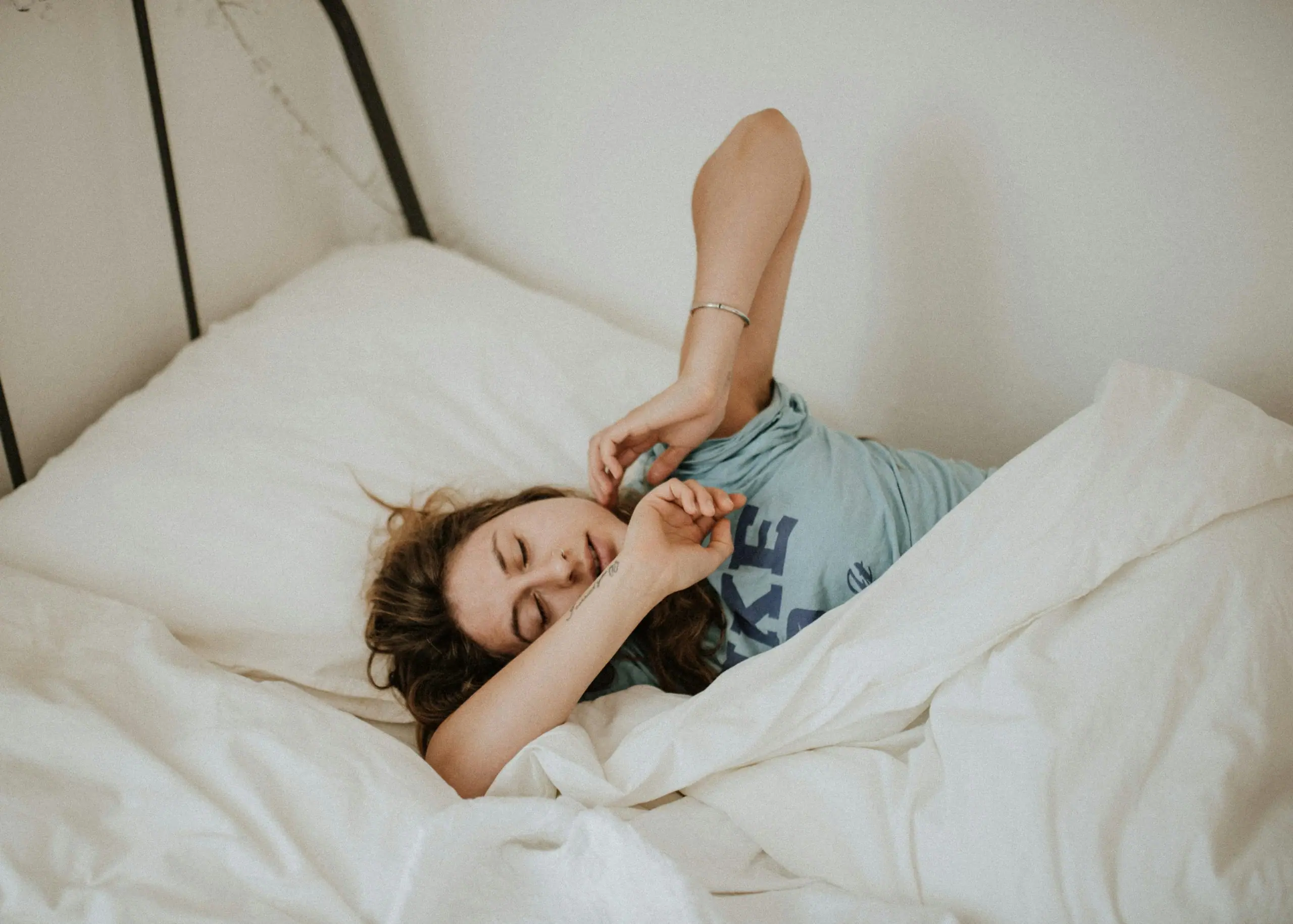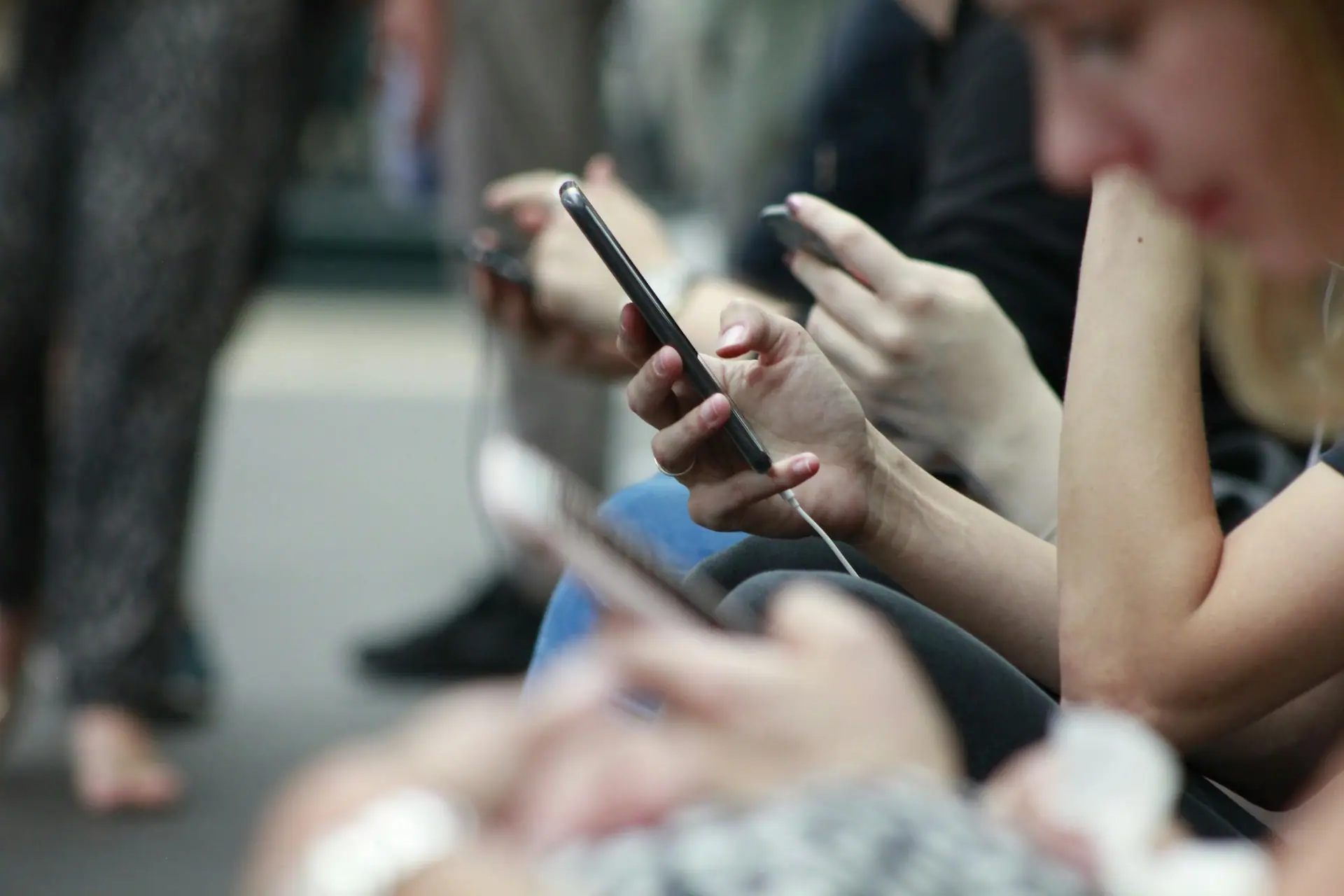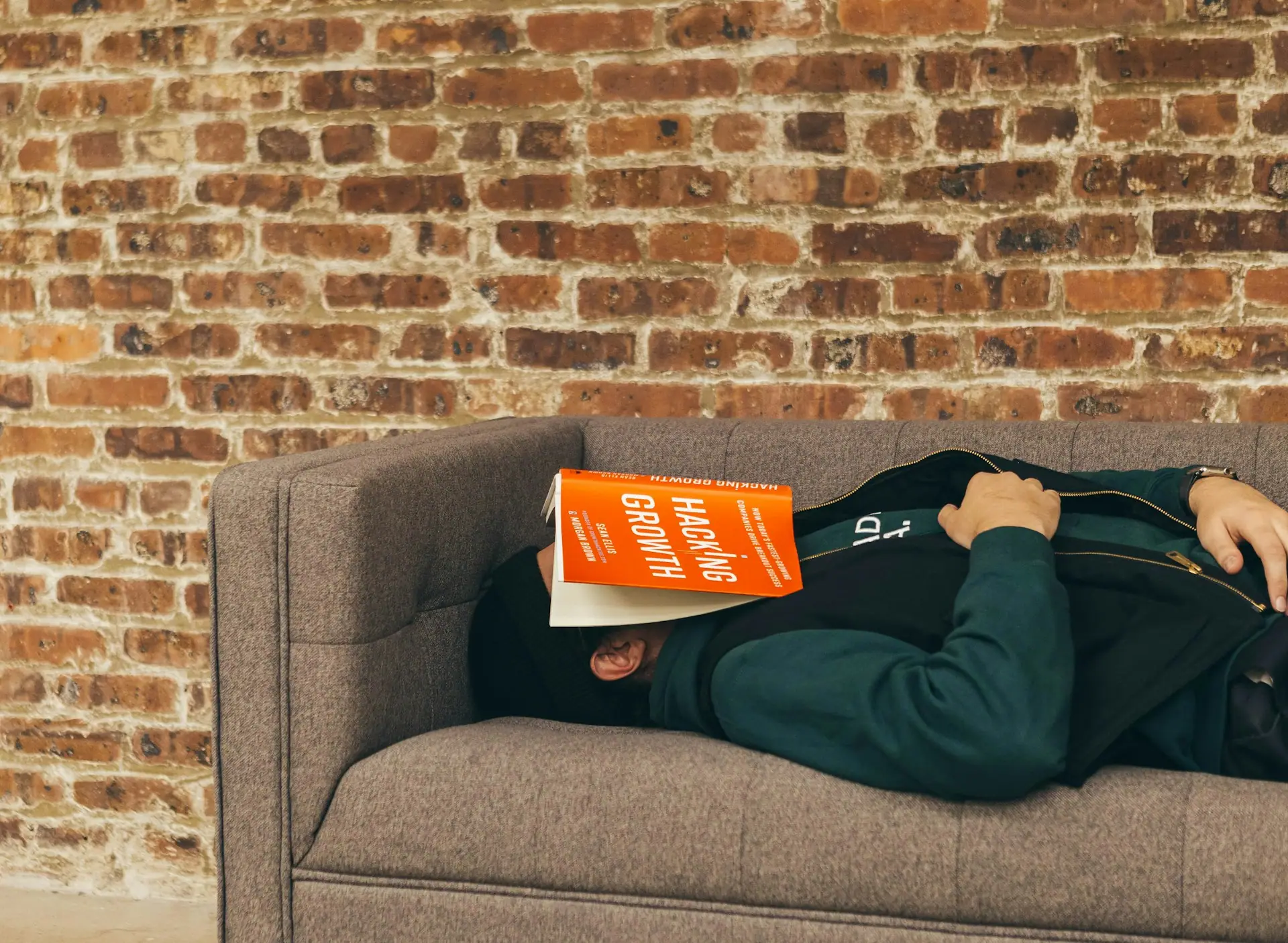
Feeling Tired Always? Here’s What Your SmartPhone Is Doing. We are now an ape-like species. People in public spaces nearly always have their heads bowed, swiping their fingers on their cell phones as if their dependence on their phones is so great that it would collapse if they stopped using them.
Research from the Radiological Society of North America, or RSNA, indicates that using a smartphone excessively throws off your brain’s equilibrium. There is a good chance that using a smartphone and being addicted to the internet may increase GABA levels in one area of the brain. Anxiety is one of the numerous brain processes that GABA controls.
According to the research, students who were dependent on their smartphones had far greater levels of worry, despair, and in some circumstances, sleeplessness. Several different brain activities are irregular as a result of the disrupted GABA ratio.

More on Here’s What Your SmartPhone Is Doing
The doctor says that changes in certain brain chemicals may help us understand why people get addicted and how to treat it better. Now that the study is done, let’s talk about what happens when people use their phones too much.
Using your phone a lot can cause many problems. You may feel tired, worried, and unable to sleep. Here’s why: it all starts with your eyes. When you look at your phone screen constantly, your eyes get very tired. At this point, you should stop using your phone right away, but most people don’t.
If your eyes get too tired, they send clear signals to your brain that make your body feel more worried and stressed.
Your body stays tired because of irregular signals going from your brain to different body parts. This happens because you’re pushing your body past its limits.
The next time you feel even a little tired, take a break from your phone and do something else. This allows your muscles and brain to relax. You’ll still feel tired, but also a bit refreshed, so you can use your phone again later.
Feeling Tired Always? Here’s What Your Smart Phone Is Doing
Blue Light Exposure
By preventing the synthesis of melatonin, the hormone responsible for regulating sleep, the blue light that smartphones emit has the potential to interfere with your circadian rhythm. Overexposure to blue light, particularly in the evening, may cause sleep disturbances and result in daytime fatigue and grogginess.
Read Comprehensive Guide on 8 Life-Changing Habits To Do Every Single Day
Overloading with digital media
Information overload and cognitive weariness may result from constantly receiving alerts, emails, social media updates, and endlessly browsing through newsfeeds. The constant stimulation from your smartphone may overstimulate your brain, which could result in mental fatigue and make it more difficult to concentrate.
Unusual Sleep Patterns

In many ways using a smartphone just before bed might mess with your sleep schedule. Aside from the previously discussed blue light emission, doing mentally taxing things like watching movies or playing games on your smartphone might prevent you from relaxing and going to sleep. Furthermore, it might disrupt your sleep and make you feel exhausted in the morning if you tend to check your phone in reaction to alerts.
Lifestyle of Sedentary
Because using a smartphone for prolonged periods usually requires sitting or lying down, spending too much time on it might lead to a sedentary lifestyle. Lethargy and exhaustion are common side effects of inactivity, and they may also have a detrimental effect on your general health and well-being.
Stress and social comparison
When users compare their lives to others’ highlight reels, social networking apps on smartphones may sometimes lead to stress and feelings of inadequacy. Your mental health may suffer and you may feel worn out if you are always comparing yourself to other people and feel obligated to maintain the well-curated lives and photos that are shared on social media.
Actions That You Can Take
- Limit Screen Time: Establish limits on how much time you spend on your smartphone, especially before bed. To help your brain relax and get ready for sleep, think about instituting a “digital detox” every night.
- Use Night Mode: To lessen the emission of blue light in the evening, many smartphones are equipped with a night mode option. Turn this function on to reduce the amount of blue light that interferes with your sleep.
- Create a Calm Bedtime Routine: Don’t use your smartphone during your peaceful nighttime ritual. To tell your body when it’s time to relax, do things like read a book, take a warm bath, or listen to soothing music.
- Make physical exercise your top priority. Try to fit in regular physical exercise, even if it’s only a quick stretch or stroll, into your daily schedule. Engaging in physical exercise may enhance one’s general well-being and provide more energy.
How can we get rid of our constant fatigue?
There is a vicious circle to fatigue. Despite your weariness, you still have responsibilities at home. As a result, you put in additional hours at work and skip meals. This wears you out more at work and leaves you feeling tired exhausted both physically and psychologically.
-
Eat breakfast.
Those who skip it are more likely to have sleep problems. Try to keep your morning meal balanced, too. A nice mix of protein, carbs, and fat can help you avoid an energy crash later on.
-
Limit your daily caffeine intake.
Caffeine is associated with getting less sleep, taking longer to get to sleep, and frequent wake-ups (from your bladder, most likely) at night.
-
Maintain regular mealtimes.
Eating regular meals improves your circadian rhythms—the internal system that lets your body know when it’s time to be awake and asleep. When your dinner is at least one to two hours before bed, you’re more likely to sleep better.
-
Sneak in some movement.
Aim to get 150 minutes of exercise a week, and try to reduce how much time you spend sitting. Remember, doing vigorous activities right before bed could mess with your sleep, so schedule your run at least a few hours before bedtime.
-
Reconsider your evening drink.
Drinking alcohol reduces deep sleep and overall sleep time. If you do enjoy an adult beverage, make it more like a happy hour than a nightcap.
-
Use light and dark to your advantage.
Light cues your body to stay awake, while darkness cues your body to sleep. Make sure your bedroom is dark and avoid exposure to a lot of lights—like those of a cell phone or television—in your bedroom before you go to bed.
-
Address ways you can reduce your job stress.
Your job’s stress directly causes fatigue and poor sleep. From finding ways to delegate work to making efforts to truly leave your work at the workplace, finding ways to de-stress is important to your fatigue levels, according to the Mayo Clinic.
-
Set boundaries.
This could be for social media, your family, or any other influence that can keep you up at night. Limit how much you consume—whether that’s putting your phone in a different room before bed or turning off the TV an hour before sleepy time— and learn to identify when an interaction isn’t benefiting you.
Conclusion of Feeling Tired Always? Here’s What Your Smart Phone Is Doing
Although using a smartphone all the time has become commonplace in contemporary life, it’s important to understand the possible effects they may have on our health, especially in terms of weariness and exhaustion. Smartphone use may lead to a variety of issues that affect us, from information overload causing cognitive weariness to blue light exposure interfering with sleep cycles.
Ultimately, the secret to overcoming smartphone-induced weariness and regaining our energy is finding a balance between keeping connected and disconnecting when needed. We may have a healthy connection with technology and make sure that it contributes to rather than takes away from our well-being by being aware of our smartphone habits and placing a higher priority on self-care.



GIPHY App Key not set. Please check settings